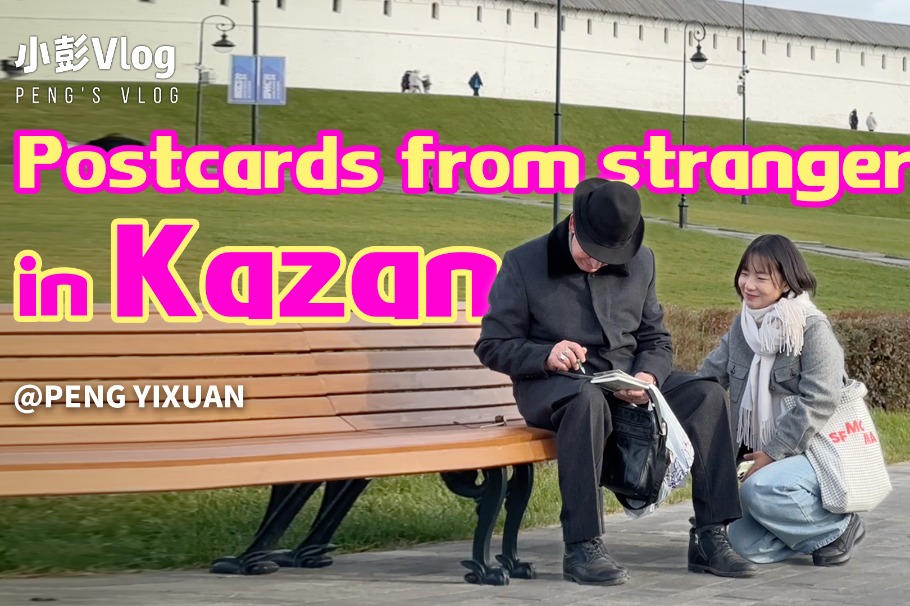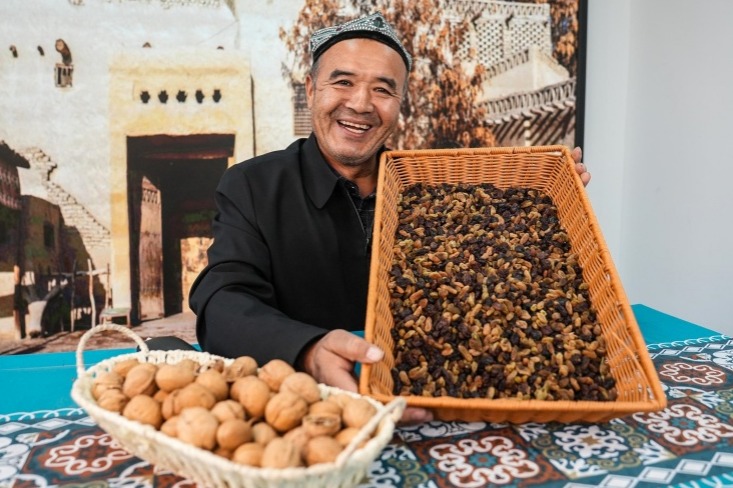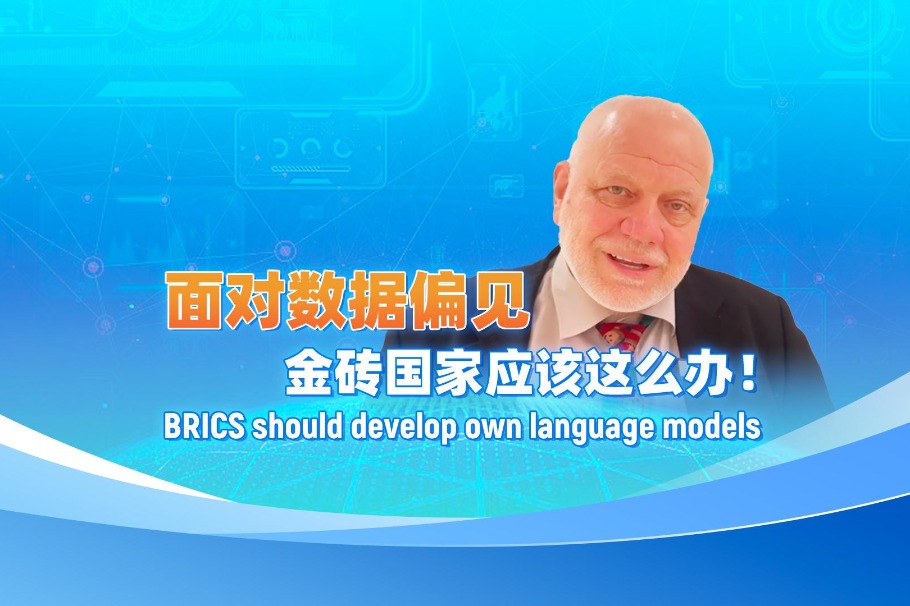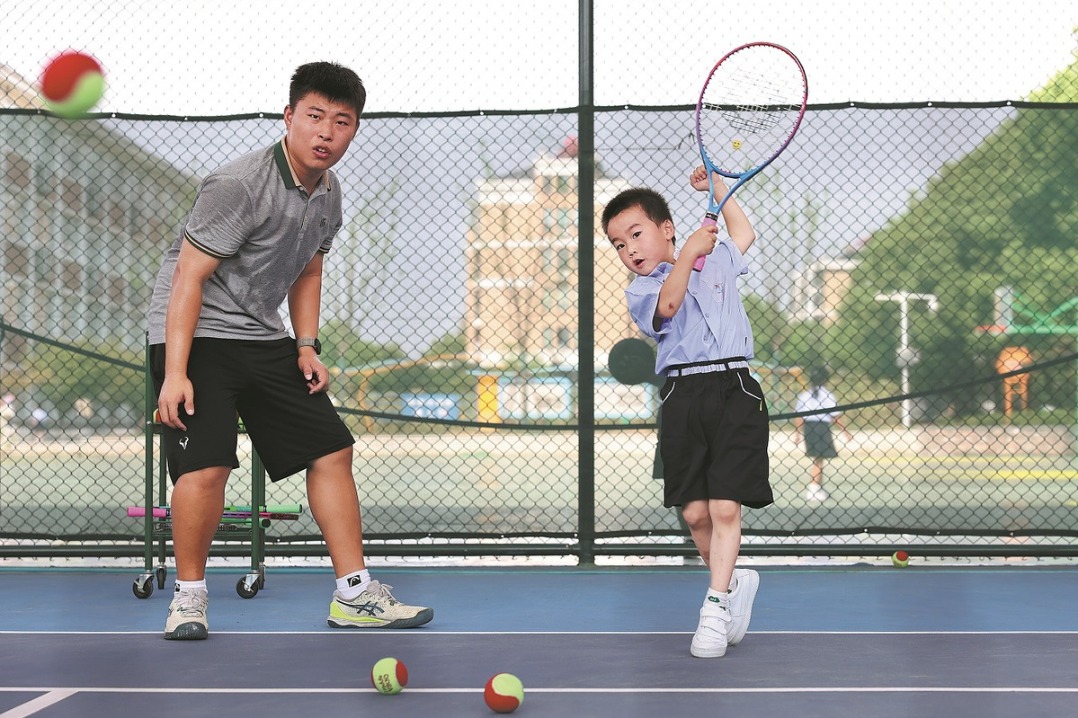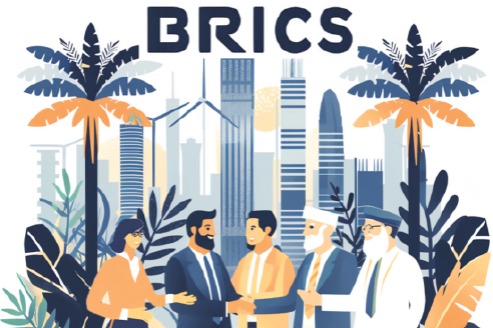Tradition will snap without quality improvements


Zhang Xiao Quan, a well-known Chinese knife and scissor brand with a 400-year history, was in a tight spot recently after a consumer posted online that she was disappointed on being told that the brand's knife cannot be used to crush garlic after she complained that its blade had snapped when she tried to do so.
Those who wield a kitchen knife would expect it to be able to crush garlic too. As a debate was raging online on the utilities of a kitchen knife, Zhang Xiao Quan's rival Wang Mazi began livestreaming videos showing how its knives were capable of smashing garlic, not once but many times.
That is reason enough for traditional knife brands to do much more to keep up with the times. Reportedly, Zhang Xiao Quan invested just 23 million yuan ($3.41 million) in research and development last year, but 117 million yuan in sales promotion. No wonder a brand that has been around for more than 400 years cannot meet such a basic need. And its post-sales customer assistance representative's response, saying that the knife was not meant to crush garlic, reflects lack of professionalism.
The brand got more brickbats online when someone dug out a video interview, published in March, in which its general manager was shown saying that "the way you've been taught to chop vegetables for decades is wrong. Michelin chefs do not chop that way."
The remark further infuriated netizens, who argued that Chinese cuisine has a history going back more than thousands of years, long before Michelin was even conceptualized. The effort to "educate" people on how to chop vegetables was seen as disrespectful of Chinese culture and blind worship for overseas styles.
Not surprisingly, the manager of Zhang Xiao Quan apologized for the remark through a video on Weibo on Monday and announced that the company would send a new kitchen knife to customers whose knives had snapped in the past five years.
The online ruckus proves that the brand has let down customers who swear by "national brands".
It is alright to capitalize on heritage, but traditional brands should continue to provide high quality products that come with excellent workmanship.
The author is a writer with China Daily.
















